 Due to their levels of operation, hotels generate a great environmental impact in terms of energy and water consumption; that is why it is increasingly common for hotel properties to bet on a savings plan that makes them more efficient.
Due to their levels of operation, hotels generate a great environmental impact in terms of energy and water consumption; that is why it is increasingly common for hotel properties to bet on a savings plan that makes them more efficient.
by Alejandra García Vélez
The installation of specialized devices, in conjunction with a comprehensive resource management program, including staff training and educational campaigns for guests, allow hotels to achieve true awareness of their environmental responsibility.
Specifically, efficient water management is one of the main concerns for hotel properties that see how the proper management of this resource brings them great benefits in terms of economy and recognition.
The main concern of hotels is to combine their strategies for saving water with a high quality service for the guest. Fortunately, today there are many measures that can be implemented without affecting the quality of service, moreover, there are many travelers who prefer hotels recognized for their environmentally friendly approach.
Andrés Rodríguez, head of maintenance at the NH Bogotá 93 hotel, explains, from his experience in this property, the benefits of betting on an ecological culture and an integral management of resources.
First, he assures that "water is the most expensive and environmentally sensitive public service; that is why it is important for us to look for ways to reduce consumption and make our facilities more efficient, without affecting the supply or the conditions of use of this water resource".
As with most systems of this type, investing in devices designed to achieve more efficient operation implies a higher initial cost, which is recouped with a sustained return on investment over time.
However, the advantages are also undeniable, especially due to the lower consumption per cubic meter that will be reflected in a lower expenditure for this concept; In addition, the more efficient a water network is, the fewer difficulties it will present.
Salvador Bravo Laguna, CEO of ShowerGreen, has worked with renowned hotel chains as a supplier of equipment to optimize water management. From this perspective, he points out that "the adaptation of the hotel sector to international regulations is essential. In Europe, for example, hotels that have a high consumption of water and energy are penalized."
Bravo also highlights the positive evolution of water saving systems. "Until a couple of years ago the technology had not been developed much due to the low investment in this type of technology, so the usual disadvantages included pressure loss and mixing water with air; but now those disadvantages are non-existent."
How to reduce consumption?
The measures that a hotel can implement to reduce its water consumption are relatively simple, from having taps that allow reducing the flow of water used in sinks, showers, toilets and other elements, to maintaining a continuous inspection of the pipes to detect leaks.
You can also choose to have automatic water supply systems, which prevents the taps from being opened by accident. Likewise, the use of recycled water for the irrigation of green areas is another excellent alternative.
In the specific case of the NH 93 hotel, all the methods described above are used, in addition to the automation of irrigation for gardens and the general control of consumption in all areas of the hotel.
The RIU hotel chain is another company that is committed to a sustainable management of its facilities. The hotel management shared with HOTEL MANAGEMENT some results of the year 2010 of its sustainability project.
As they explained, taking into account the number of overnight stays in hotels during that year and the average consumption per stay, they estimate that they achieved a saving of three cubic hectometers (around 3,000 million liters) of water.
To achieve this, the following measures were put in place. In the rooms, the volume of the toilet tank was reduced from using 14 liters of water per discharge to only six liters.
A key measure to achieve improvements in its water management was focused on encouraging guests to save. With strategies such as the use of informative posters inviting them to save water by reusing towels, or asking them to detect and report leaks in the rooms, it has been possible to significantly improve the performance of the hotel.
Water reuse is another interesting alternative if the necessary investment is made to implement it. With the construction of water treatment plants it is possible to treat wastewater from bathrooms and kitchens, as well as grey water from showers and sinks, which are then reused for garden irrigation.
In the same way, they explain in RIU, the installation of double water circuits allows to collect the soapy water from the showers by a different pipe, to then be treated and used, for example, in the toilets or gardens.
With this system they achieve an approximate saving of 60% for a total saving of 200 million liters of water per year only with that system. Finally, RIU representatives affirm that maintenance is key to having an adequate management of water resources.
Shared responsibility
For his part, Rodríguez points out that although today there are many accessories and elements that can be used to achieve water savings, we must also take into account the category of the hotel and how far its level of investment can go.
As for the work that is done with the client to promote ecological practices, he explains that in a culture of attention and service such as the hotel industry, the client cannot be conditioned to reduce their consumption, but if you can try to generate ecological awareness.
Rodríguez concludes with the following statement, "it should be noted that any system and / or strategy of saving water in hotels is a shared responsibility; maintenance plays a key role in this line of service, which is complemented by the provision of teamwork focused on saving policies and promoting an ecological culture for both employees and visitors".
Finally, Bravo states that "the incorporation of eco-efficiency and environmental sustainability criteria in hotel management is an important competitive challenge for tourist accommodation. The growing awareness and environmental concern of customers, the new legal requirements in terms of the environment and the need to apply management tools and cleaner technologies in the provision of hotel services are some of the most relevant issues to take into account in this regard".











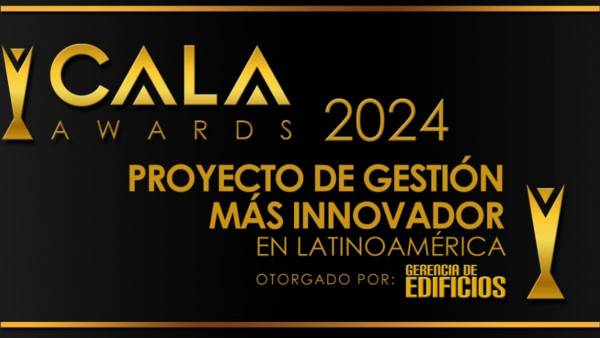
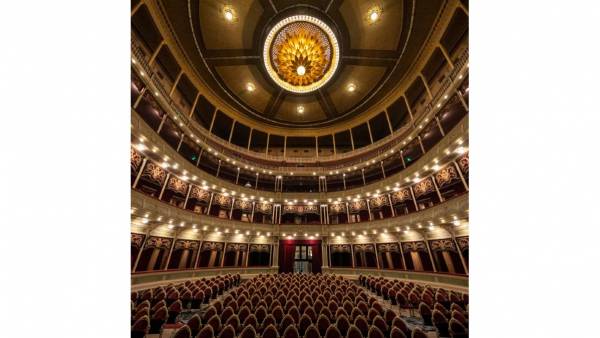
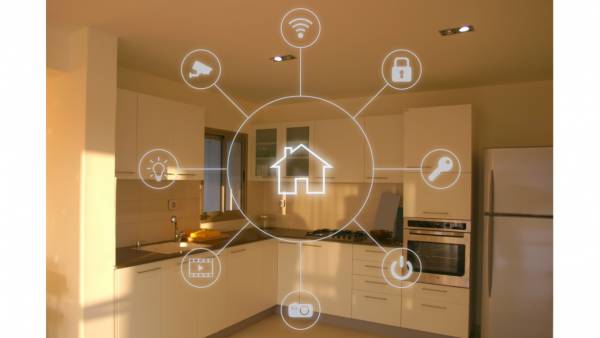

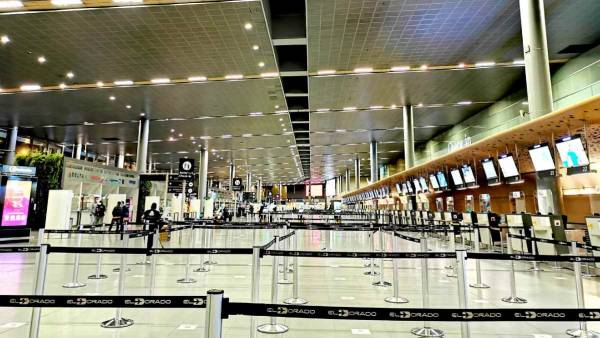
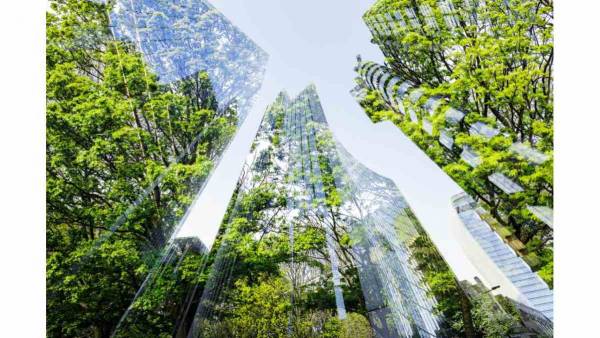








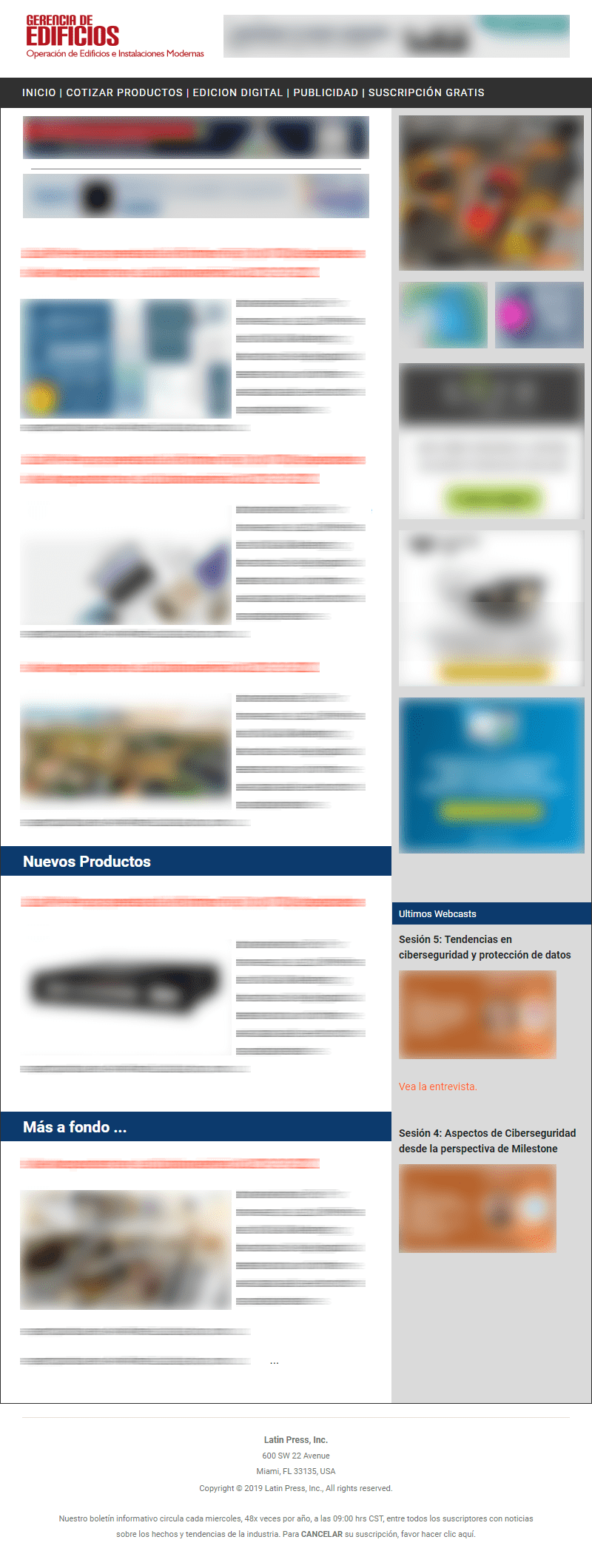
En nuestra empresa en Uruguay, nos dedicamos a gestionar el ahorro de agua y energìa en todos los sectores inclusive el agropecuario.
Nos gustaria contactarnos con el Sr. Salvador Bravo de Shower Green y suscribirnos a Gerencia de Edificios. Exitos y desde ya gracias.